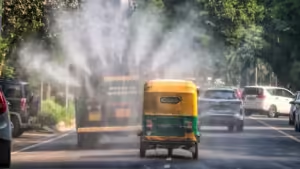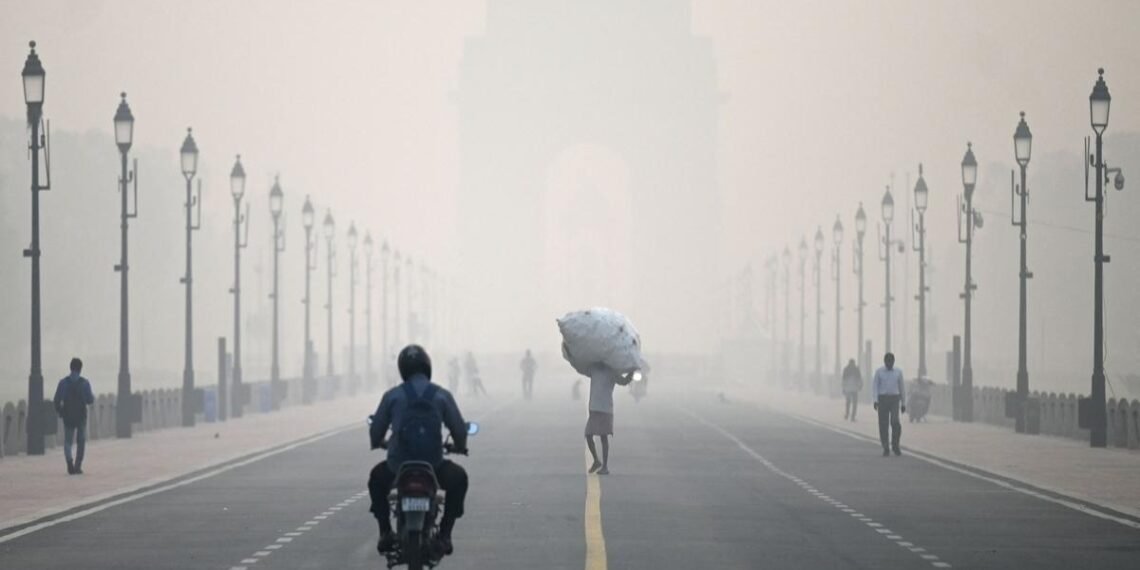New Delhi:
With the implementation of the revised Graded Response Action Plan (GRAP) by the Commission for Air Quality Management (CAQM) in NCR and adjoining areas since October 15, comprehensive and target specific actions under stages 1 and 2 of GRAP are being undertaken by the concerned agencies responsible for the control of air pollution in NCR, Ministry of Environment, Forest and Climate change said in a release on Sunday.

As per the release, stage 1 of GRAP has been in force since October 15, and stage 2 since October 22 in the entire NCR. During the October 15 to October 31 period, a range of preventive and remedial measures were initiated to abate air pollution in the region. Summary of the actions taken by different agencies in this regard are as follows:
Setting up a GRAP monitoring Control Room in the Commission to follow up and monitor the targeted actions by the NCR states, a GRAP monitoring control room has been set up in the commission since October 15 which is headed by Member (CAQM), the ministry said in its release.
Also Read: Terrorist attack at Srinagar’s Sunday market; 10 injured
A dedicated WhatsApp Group has been created for the smooth flow of information between control room and concerned Nodal officers of states. The control room remains operational throughout the week.
Some of the highlights of GRAP actions taken by the NCR states are as under:
Inspection of Construction & Demolition (C&D) sites and action taken: As per the GRAP action, inspection of C&D sites has been intensified by concerned agencies to ensure compliance of air pollution control measures, it added.
Based on such Inspections, action is being taken against non-complying units. More than 7,000 C&D sites were inspected across NCR and Environmental Compensation (EC) has been imposed on 597 non-complying sites and orders for closure have been issued for 56 sites, the ministry said.
To control the dust pollution at its source, the deployment of MRSMs, water sprinklers and ASGs has been increased across NCR.
In Delhi alone on average 81 MRSMs were deployed daily while Haryana and UP, 36 MRSMs were deployed daily to arrest the dust pollution from roads. Similarly, on average around 600 water sprinklers and ASGs each were also deployed on a daily basis across NCR, it added.














